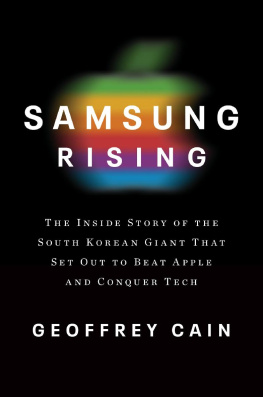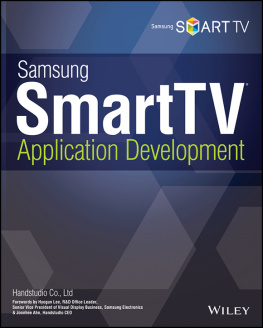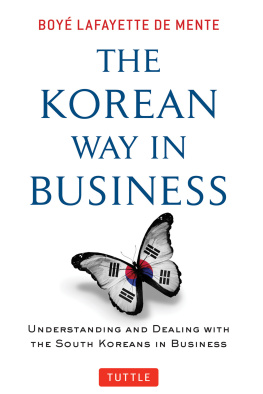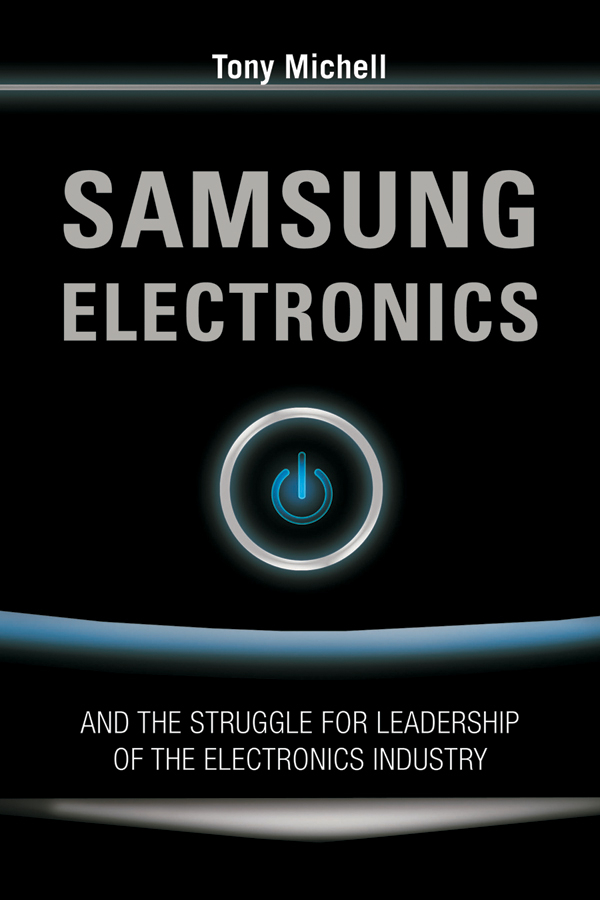Contents

Copyright 2010 John Wiley & Sons (Asia) Pte. Ltd.
Published in 2010 by John Wiley & Sons (Asia) Pte. Ltd.
2 Clementi Loop, #02-01, Singapore 129809
All rights reserved.
No part of this publication may be reproduced, stored in a retrieval system, or transmitted in any form or by any means, electronic, mechanical, photocopying, recording, scanning, or otherwise, except as expressly permitted by law, without either the prior written permission of the Publisher, or authorization through payment of the appropriate photocopy fee to the Copyright Clearance Center. Requests for permission should be addressed to the Publisher, John Wiley & Sons (Asia) Pte. Ltd., 2 Clementi Loop, #02-01, Singapore 129809, tel: 65-6463-2400, fax: 65-6463-4605, e-mail: .
This publication is designed to provide accurate and authoritative information in regard to the subject matter covered. It is sold with the understanding that the publisher is not engaged in rendering professional services. If professional advice or other expert assistance is required, the services of a competent professional person should be sought.
Neither the authors nor the publisher are liable for any actions prompted or caused by the information presented in this book. Any views expressed herein are those of the author and do not represent the views of the organizations they work for.
Other Wiley Editorial Offices
John Wiley & Sons, 111 River Street, Hoboken, NJ07030, USA
John Wiley & Sons, The Atrium, Southern Gate, Chichester, West Sussex, P019 8SQ, United Kingdom
John Wiley & Sons (Canada) Ltd., 5353 Dundas Street West, Suite 400, Toronto, Ontario, M9B 6HB, Canada
John Wiley &Sons Australia Ltd., 42 McDougall Street, Milton, Queensland 4064, Australia
Wiley-VCH, Boschstrasse 12, D-69469 Weinheim, Germany
Library of Congress Cataloging-in-Publication Data
ISBN 978-0-470-82266-1
Acknowledgments
This book was written at the invitation of Mr. Park Haeng-ung of the Korean Publishers Association in collaboration with the late Mr. Son Sang-mok of Indebook. The book was to have been published in time for the 2005 Frankfurt Book Fair. However, the complexity of the subject meant that the original deadline could not be met. These two gentlemen are responsible for making this book a reality. Equally, a chance encounter with C. J. Hwu of John Wiley over lunch in Singapore gave the book traction at the end of 2005.
But my real debts are much older. I owe two key people: Professor Charles Wilson of Cambridge University and Dr. Kim Jae-ik, both of whom changed my life. Charles Wilson took a shy undergraduate under his wings and set an avuncular role as thesis supervisor. Professor Wilson was also a source of inspiration with his A History of Unilever , one of the best business and economic historical accounts of the nineteenth and twentieth centuries written.
I am equally indebted to Dr. Kim Jae-ik, director general of the Economic Planning Bureau (EPB) who, in 1978, saw something in me of value to Korea. He persuaded me to work with him at EPB for one and a half years. Sadly, Dr. Kim, who was by 1983 Blue House economic secretary, perished in the Rangoon bombing. In many ways I have been trying to implement aspects of his vision. I am also indebted to Dr. Kim Key-won who was instrumental in sending me to meet Dr. Kim (Jae-ik) in early June 1978. At that time Dr. Kim Key-won was the director of research at the newly formed Korea Institute of International Economics, whose successor is the Korea International Economic Policy Institute (KIEP). Dr. Kim Key-won later became Koreas ambassador to the United States. After a distinguished career as a technocratic, he remains a senior advisor to Goldman Sachs and a source of continued inspiration.
My debt is also unpaid to Kim Mahn-je, at that time president of Korea Development Institute (KDI), who felt I was a tax on his budget at EPB; and successive presidents of KDI who shouldered the burden of my salary in those far-off days.
In 1999, I returned to KDI as a visiting professor. By then the KDI had through brand extension formed a graduate school of policy and management. I am profoundly grateful to my many students at the KDI School of Policy and Management (the KDI School). KDIs MBA and MPP classes comprises mature students from some of Koreas largest companies and government organizations as well as international students, all of whom have helped, through discussion and project presentations, in developing my ideas. Without their assistance, this book would not have been written. In particular I wish to thank Sergei Kondaroy for allowing me to draw on his research for his Masters thesis, prepared under my guidance at the KDI School.
Many employees of Korea Associates Business Consultancy Ltd. (KABC) helped form important ideas during our collaboration in creating the Chaebol Report between 1996 and 2003. They are Jeon Jin-hwan, Kim In-soon, Choi Mi-sun, Kim Suk-hee, Kim Su-mi, Kang Se-jin and Yi Song-mi.
I would also like to single out Ron Dore for kindling my interest in the development of the Far East; James Abegglen for his assistance in my understanding of Sony; and Dr. Frank-Jurgen Richter of HORASIS, formerly of the World Economic Forum, for involving me in his future of capitalism project, of which partial results were published in 2006. I am equally indebted to all those who encouraged or inspired me and are not mentioned in this book.
There are many others who, in the delightful Korean phrase, I only met in a book. The chief of these is Ichak Adizes, whose seminal work on corporate life cycles continues to be an inspiration to me and my students.
Note on the Romanization of Korean names
Korean is written in a phonetic script called hangul , developed in the fourteenth century. Prior to this, the educated classes wrote in Chinese, but pronounced in a Korean way.
The romanization of Korean names is a problem for both Koreans and foreigners. Should certain sounds be transcribed as p or b, t or d, k or g and so on, with vowels acquiring an extra e? The academic world has used the McCune Reischauer system for many decades. For example, in this system, the name of the founder of Samsung Electronics is written Yi Pyong-chol. This has some important but arcane rules that has led to a simplified system adopted by nearly all Koreans. Thus his name is written in this book as Lee Byung-chul. For the past 10 years, the Ministry of Education has tried to impose a system which leads foreigners to mispronounce the resulting words and in this system chairman Lee Byung-chul becomes Lee Byeong-chol. This also changes Pyongyang into Pyeongyang and other variants.
In a book written for the business and general reader I have used the Korean Times version of romanization, no doubt to be condemned by strict academics and the Ministry of Education.
Introduction: The Problem of Sustained Business Success
I want to lead Samsung Electronics to become one of the best companies in the world.
Yun Jong-yong, CEO and Vice Chairman, 1999
Samsung Electronics from the outside
Samsung Electronics is the Korean company that has it all. It has a brilliant growth pattern, superb branding success, some of the highest profits in the world until 2009, and until 2008, a CEO who took Jack Welch as his model and produced a very special company through the theory of a state of perpetual crisis.
In setting out to write a management book on Samsung Electronics, I considered where my comparative advantage lay. The initiatorsSohn Song Mok, the would-be publisher, and Park Haeng-gun of the Korean Publishers Associationwanted a book which was forward-looking, and which compared Samsung with Sony. They also had in mind a business school study approach rather than a book based on intimate interviews.












